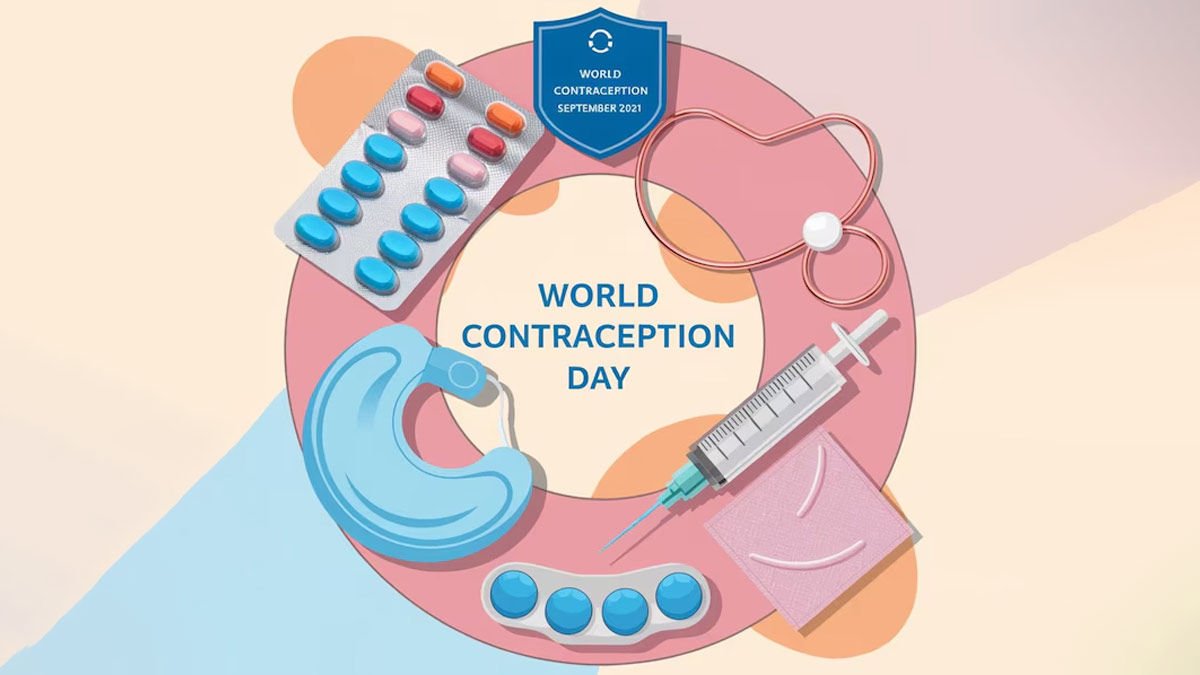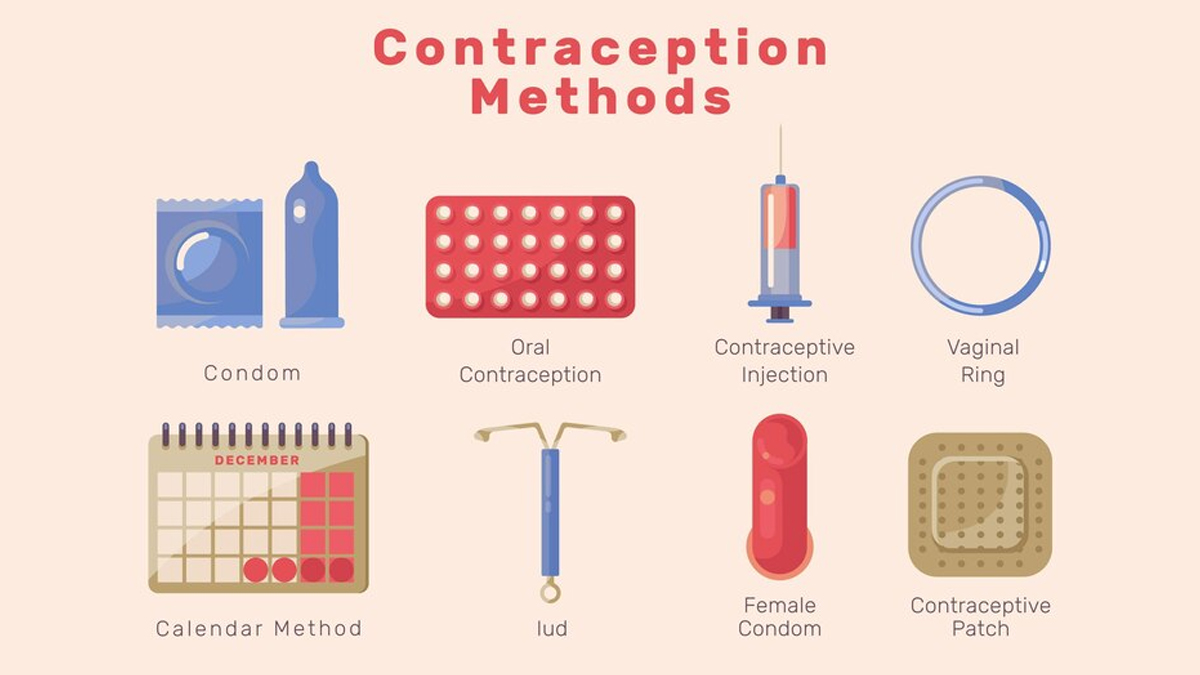
World Contraception Day, celebrated on September 26 each year, is a global campaign dedicated to raising awareness about contraception and promoting informed decisions around sexual and reproductive health. By ensuring individuals have the knowledge and tools to choose the best contraceptive options for them, the day aims to reduce unintended pregnancies and improve access to reproductive health services.
Table of Content:-
Contraception refers to the methods or devices used to prevent pregnancy by interfering with the natural process of ovulation, fertilisation, or implantation. It plays a crucial role in family planning and reproductive health, allowing individuals and couples to decide when or if they want to have children. The importance of contraception lies in its ability to reduce unintended pregnancies, improve maternal and child health, and empower people, especially women, by giving them control over their reproductive choices. Additionally, contraception helps in reducing the spread of sexually transmitted infections (STIs) when barrier methods, like condoms, are used.
Theme of World Contraception Day 2024

The theme for World Contraception Day 2024 is "A choice for all. Freedom to plan, power to choose." It emphasises the right of every person to make informed decisions about their reproductive health without barriers, whether those barriers are financial, societal, or educational.
History of World Contraception Day
World Contraception Day began in 2007 as part of an international initiative to spread awareness about contraception and reduce the global incidence of unintended pregnancies. Supported by organisations like the United Nations Population Fund (UNFPA), the World Health Organization (WHO), and various non-governmental organisations, this day was designed to tackle the challenges related to family planning and contraception access, particularly in regions with limited healthcare infrastructure.
The campaign originated in response to a pressing global need: despite the widespread availability of contraceptive methods, millions of people still face significant barriers in accessing reliable family planning options. These barriers include cultural stigmas, lack of education, and insufficient healthcare resources, particularly in developing countries. World Contraception Day aims to confront these issues by advocating for universal, stigma-free access to contraception.
Also read: Non-hormonal Birth Control Methods: Here’s A Guide To Contraceptive Alternatives
Significance of World Contraception Day

Empowering Informed Decisions
At its core, World Contraception Day is about empowering individuals—especially young people—with accurate information about contraception. Many adolescents and adults face a knowledge gap when it comes to family planning, which leads to unintended pregnancies and sexually transmitted infections (STIs). By encouraging open discussions and educational initiatives, this day fosters informed reproductive choices and greater autonomy.
Reducing Unintended Pregnancies
Unplanned pregnancies can have far-reaching consequences, both socially and economically, and pose risks to maternal and child health. Access to contraception is one of the most effective ways to reduce these risks. By promoting family planning options and ensuring accessibility, World Contraception Day contributes to improved health outcomes and lower healthcare costs associated with unintended pregnancies.
Challenging Stigma and Cultural Taboos
In many parts of the world, talking about contraception remains a taboo subject. World Contraception Day plays a pivotal role in breaking down these cultural barriers, normalising conversations about reproductive health, and promoting the use of contraceptives as a responsible choice. It also highlights the need to involve men in these conversations, promoting shared responsibility in reproductive decisions.
Also read: Emergency Contraceptive Pill: All You Need To Know
Advancing Gender Equality
Access to contraception is a fundamental aspect of women's empowerment. It gives women control over their reproductive health, allowing them to make decisions about when and if they want to have children. This, in turn, supports greater gender equality by enabling women to pursue education, career opportunities, and personal goals. World Contraception Day advocates for the removal of barriers that disproportionately affect women, ensuring equal access for all genders.
Preventing STIs
While contraception is primarily associated with pregnancy prevention, it also plays a vital role in reducing the spread of sexually transmitted infections. Barrier methods, like condoms, protect against STIs, contributing to better overall sexual health.
Also watch this video
How we keep this article up to date:
We work with experts and keep a close eye on the latest in health and wellness. Whenever there is a new research or helpful information, we update our articles with accurate and useful advice.
Current Version